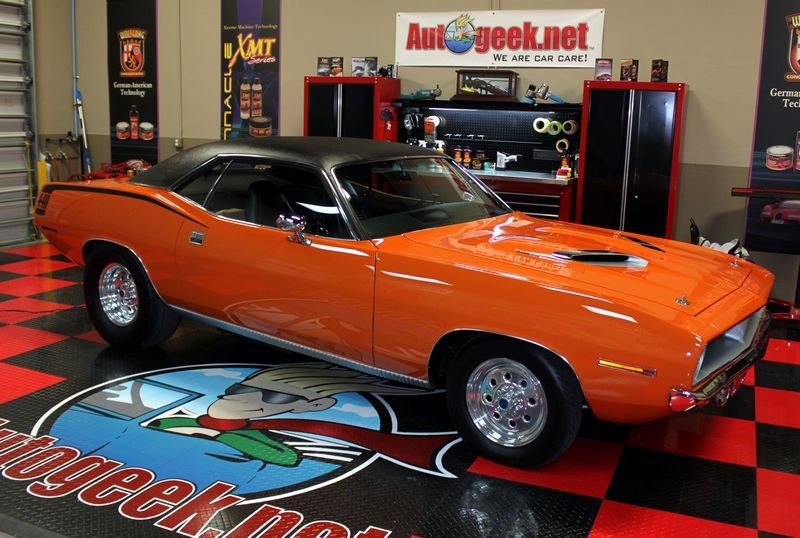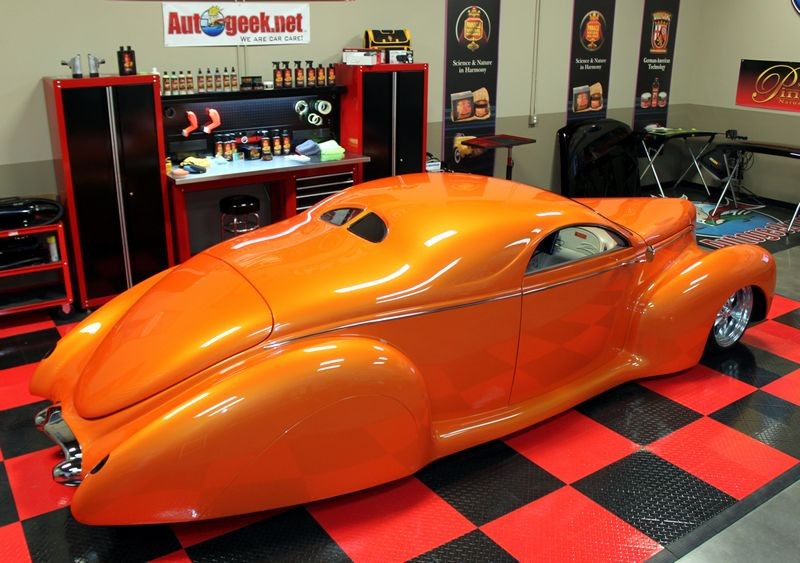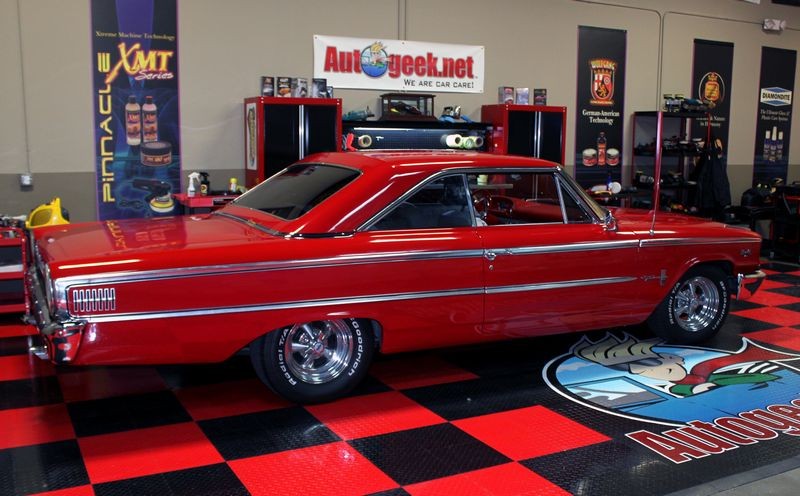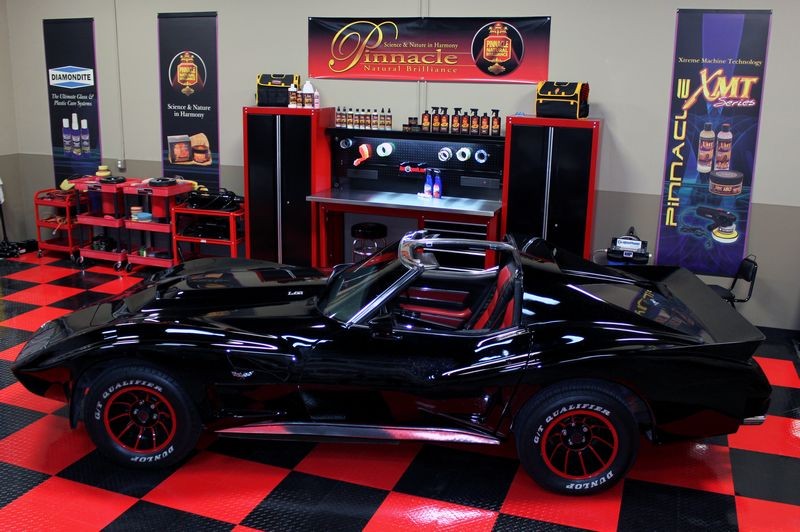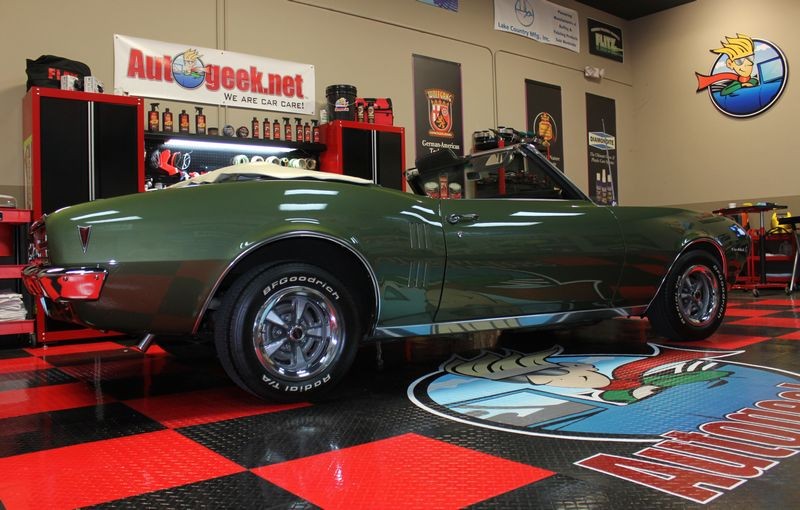ShaunD
New member
- Nov 19, 2010
- 1,255
- 0
Often, I have browsed the aisle at a local store and ultimately felt I was in over my head, and felt I would over-buy if I went into a camera shop.
I assume, some would love to help guide this topic in the proper direction, whereas others, will say I am making this harder than it needs to be. While I appreciate phone-camera shots, I feel we can do better, so why not give a chance to be educated properly on this subject.
This is amusing since OP's last post states he basically doesn't want to spend the time learn about cameras and photography.
This is kinda like asking Mike Phillips what the best polisher is but you don't want to watch any of his videos or read any of his articles/books, or anything else to educate yourself on detailing/paint correction.
If you are seeking knowledge and input from pros then at least follow a little of it. If you have no true knowledge of what makes a great photograph and how any camera does what it does to achieve said photo, then you really should care what camera you take pictures with. That said, any of the major/competitive camera brands have a P&S camera that will more than get the job done for your needs/requirements. My recommendation would be any of Canon's Powershot and or ELPH cameras or a P&S from another brand competing against Canon's line. In my experience Canon is easy to use, consistent and has great quality for price points. The Panasonic LUMIX line would be another recommendation especially for someone not wanting to know too much but wanting consistent photos at a good quality price point.
Hope that helps and gives some perspective.
I assume, some would love to help guide this topic in the proper direction, whereas others, will say I am making this harder than it needs to be. While I appreciate phone-camera shots, I feel we can do better, so why not give a chance to be educated properly on this subject.
This is amusing since OP's last post states he basically doesn't want to spend the time learn about cameras and photography.
This is kinda like asking Mike Phillips what the best polisher is but you don't want to watch any of his videos or read any of his articles/books, or anything else to educate yourself on detailing/paint correction.
If you are seeking knowledge and input from pros then at least follow a little of it. If you have no true knowledge of what makes a great photograph and how any camera does what it does to achieve said photo, then you really should care what camera you take pictures with. That said, any of the major/competitive camera brands have a P&S camera that will more than get the job done for your needs/requirements. My recommendation would be any of Canon's Powershot and or ELPH cameras or a P&S from another brand competing against Canon's line. In my experience Canon is easy to use, consistent and has great quality for price points. The Panasonic LUMIX line would be another recommendation especially for someone not wanting to know too much but wanting consistent photos at a good quality price point.
Hope that helps and gives some perspective.




